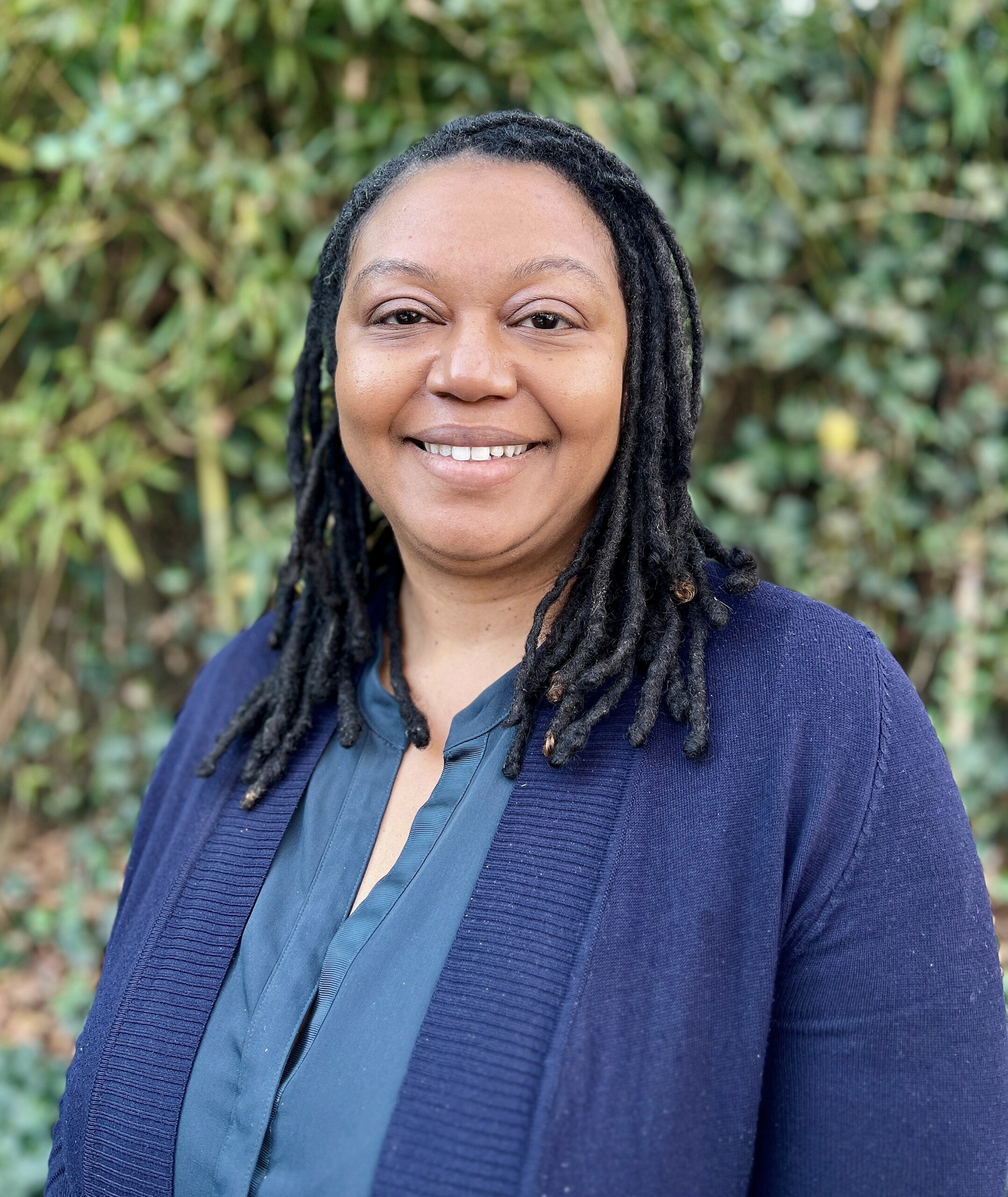
Celebrating Black History Month: A Dialogue with Good Samaritan Gwinnett CEO Shameka Allen
Step into the heart of Good Samaritan Gwinnett’s mission and vision this Black History Month with Shameka Allen, the newly appointed CEO. In this interview, Shameka shares the clinic’s commitment to healthcare accessibility, the significance of Black History Month, and the ongoing mission to strengthen collaborations for the well-being of Gwinnett County’s diverse and vulnerable populations. Learn more about her leadership perspective shaping the impactful trajectory of Good Samaritan Gwinnett.
You started the new year as the new CEO of Good Samaritan Gwinnett. What aspects of leading the clinic have brought you joy or excitement in your first month?
Shameka: What has brought me the most joy since becoming CEO is witnessing the tremendous support I have received from members of the community. The response has been incredibly encouraging. It truly has been exciting to see and experience.
February kicks off Black History Month, a time to celebrate and recognize the contributions and achievements of the Black community across the U.S. and around the world. In honor of this month-long celebration, how does the clinic open the door of opportunity for people from diverse, often low-income backgrounds?
Shameka: At our clinic, we proudly mirror the rich diversity of Gwinnett County. Our dedicated staff represents a tapestry of backgrounds, including Mexico, Latin America, South America, the Caribbean, and more. Additionally, a common thread among our patients is the experience of navigating life without health insurance. This situation affects people from all walks of life. Anyone can find themselves in the position of being uninsured through no fault of their own. This is especially prevalent in the Black community where many people find themselves with no equitable access to healthcare. We hope to play a part in helping to bridge the gap and provide quality care to all those who need it.
Gwinnett County’s tagline, “Vibrantly Connected,” celebrates the county’s dynamic and diverse community. Nearly 90 percent of Good Samaritan Gwinnett’s patients live in Gwinnett County and represent 70 countries. What excites you the most about serving a diverse patient population in such a diverse community?
Shameka: Our downtown Norcross location proudly displays a large map featuring the diverse countries our patients call home. Every time I look at the map, I get excited about the lives we touch, not just here in Gwinnett but across the globe. Many of our patients bring relatives and friends who may be here visiting to our clinic for healthcare. When they return to their home countries, they tell their loved ones about Good Samaritan Gwinnett and what we do. For our staff, this experience is invaluable, offering a chance to learn more about healthcare and how it is viewed in different cultures and segments of the community. It’s an eye-opening and enriching experience for all involved.
From your perspective, how does recognizing Black History Month enhance the dialogue and collaboration between Good Samaritan Gwinnett and the community, particularly in addressing healthcare disparities and fostering a sense of cultural pride and understanding?
Shameka: For me, recognizing Black History Month is a way to acknowledge the contributions made to our country by African Americans throughout the years. However, we also must remember that there are still healthcare disparities that must be addressed. I am particularly passionate about primary care because I believe the best way to eliminate chronic care issues is by early detection and prevention. As an African American woman, I will continue to advocate for those in my community to have access to primary care, whether they have insurance or not, at an affordable price that will not cause additional medical debt.
In light of the importance of community collaboration, especially during Black History Month, what is your vision for the clinic to continue to strengthen partnerships with local organizations, leaders, businesses and influencers to care for the most vulnerable from all walks of life?
Shameka: Collaboration is paramount to our mission. We are blessed to have partnerships with dozens of other like-minded organizations that treat the same population as us. We must continue to have open dialogue with other community leaders and government leaders so the information is readily available for those who need it most. With a county the size of Gwinnett, finding affordable healthcare can be overwhelming, and many may not know where to start. That is why we must continue to come together and keep each other aware of who we are and what we do. In the end, the community benefits the most when we all commit to doing this.


